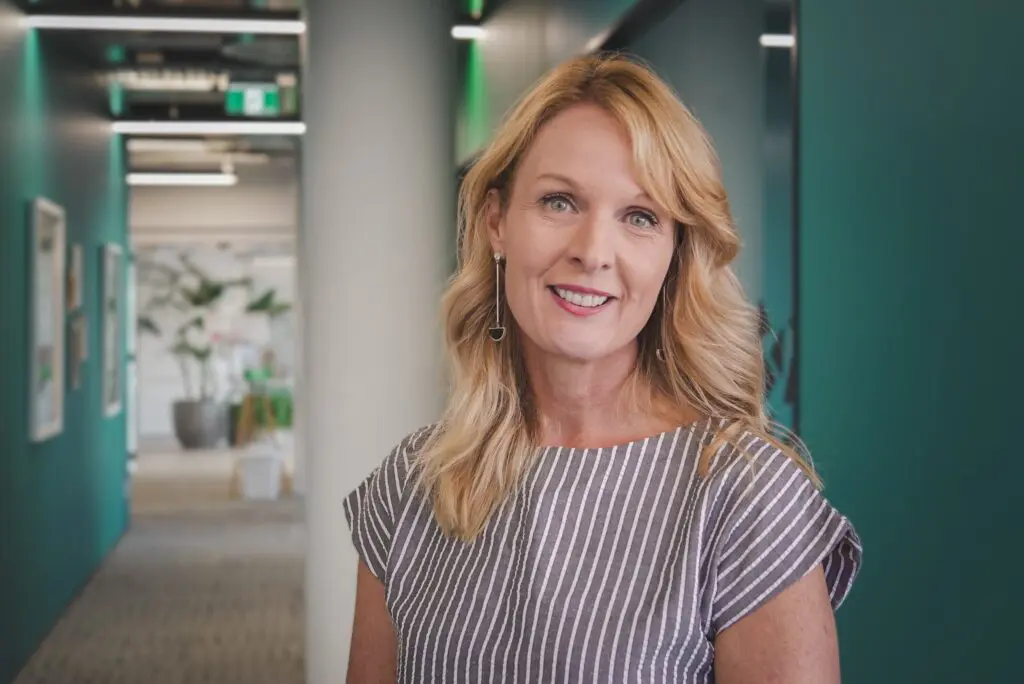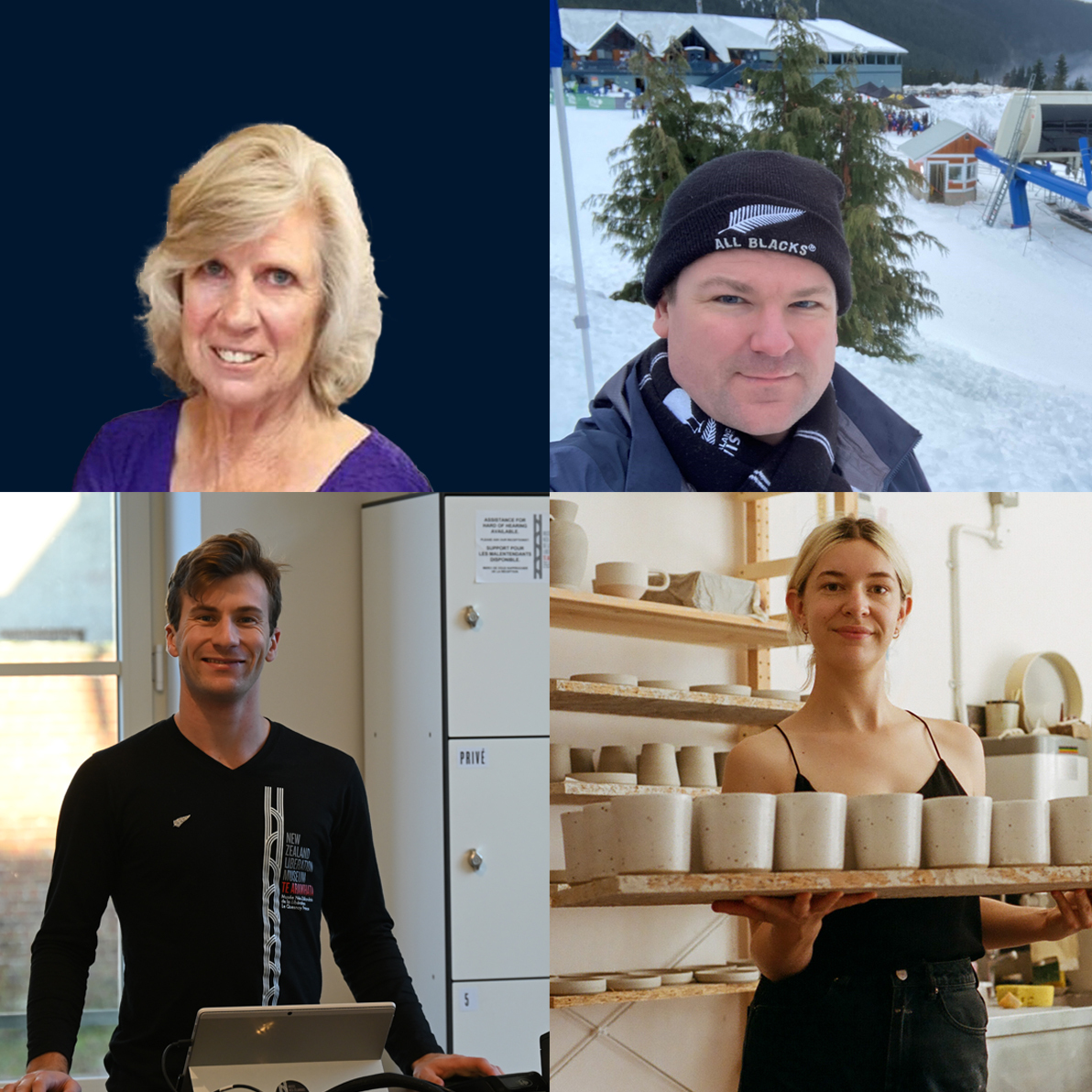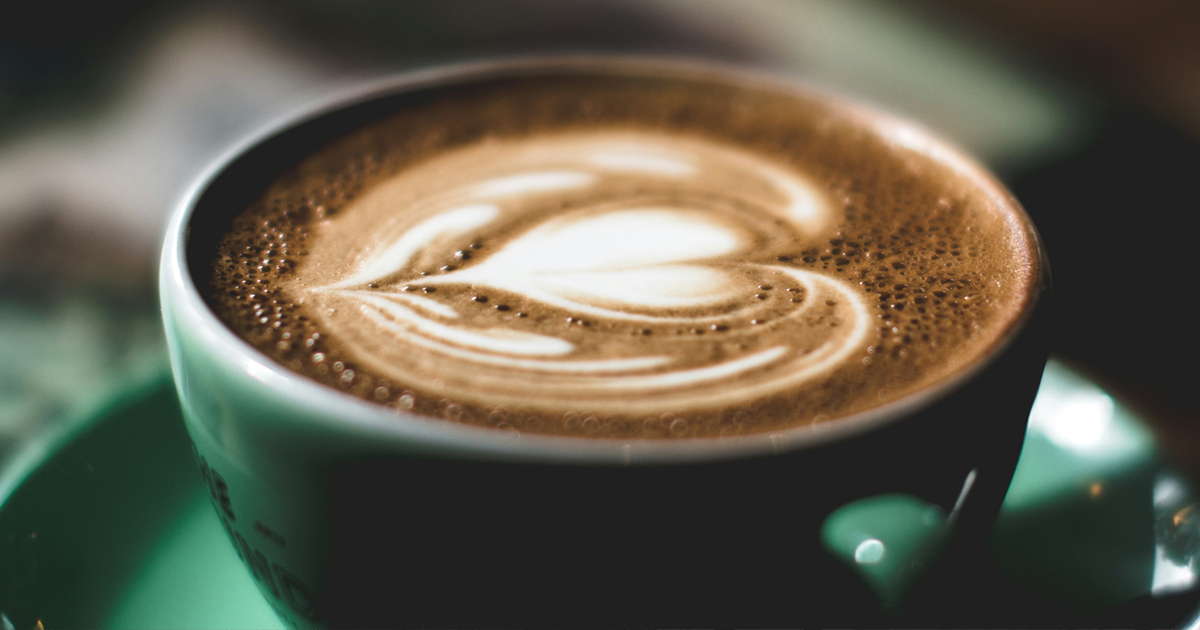Victoria Macdonald: Health Correspondent
In a time where we need accurate health reporting more than ever, New Zealand native Victoria Macdonald is on the front lines. As a Health and Social Care Correspondent for Channel 4 News in the UK, Victoria is a highly awarded journalist who has graced British screens for over two decades. We spoke to Victoria about how working the coronavirus pandemic has been…

Tell us about yourself, and your role as Health and Social Care Correspondent for Channel 4 in the UK.
I have been the health and social care correspondent for Channel 4 News in the UK for 21 years, reporting on the national health service, Government health and social care policies, as well as more global issues like HIV and TB. It is so varied – every day is different but the constant is always being ready to scramble to wherever you are needed and making sure your hair and clothes are tidy enough not to distract while on air!
You have been covering the developments of the Covid-19 pandemic in the UK. What has it been like, and how does this compare to any other global health crisis you have covered?
For years I have reported on HIV and spent a lot of time in places like South Africa reporting on the terrible loss of life as well as the sometimes excellent, sometimes woeful, political responses worldwide. Several times during my career, ebola has broken out and we have prepared for it to spread globally. Each time it has been contained which is not to take away form the dreadful loss of lives in places like Sierra Leone and DRC. But nothing could prepare you for this pandemic.
We watched as it unfolded in China with increasing trepidation. Every day I would dial into the World Health Organisation press conferences as they gave updates on the figures and the strategies China was using to try and contain it. Once it spread across the world, my stories started to take in South Korea, the outbreaks on cruise ships, then Italy, and eventually, though inevitably to the UK. We have had to adapt rapidly to reporting at arms length (2m long poles to hold the microphones), zoom and Skype interviews are the norm, we rarely travel now. On the upside, there is more transparency from Government scientists in telling us what they do and don’t know, and we have far more ability to ask questions via the Downing Street briefing. I hasten to add, not all questions are answered or currently answerable but it is an important step forward.
Emotionally, it is distressing as you see the death toll climb and as more people are put in hospital. I said early on in this pandemic that as a reporter you are usually an observer but in this case we are all affected. My friends and family are as much at risk as everyone else’s. This isn’t something happening to other people, which is often the case when you are reporting. It is happening to all of us and I have to constantly remind myself, too, that I am not immune, and that I have to be careful, too. Seeing not just ‘elderly people with underlying conditions’ but young people. On a recent visit to an ICU Department I saw people who had been put into a coma and ventilated. It was distressing but I spoke to a nurse who had come back on to the ward after 10 years and I watched as she brushed the hair of a young woman and wiped her face. It brought me to tears.
Do you get overwhelmed, and if so how do you manage your own mental and physical health?
Do I get overwhelmed? Virtually every day. The amount of information coming in is incredible and you have to sift through it, work out what is true, what is important for that day, and what can hold or needs further investigation or interrogation. I don’t do it alone, I hasten to add. I have amazing colleagues, especially the producers I work with, so by the time the piece makes it to air a whole team has had input.
Every day I am working I also do a live in the studio to pick up on some of the areas that I haven’t had time to put into the piece, or that need more explaining. On my day off during the week I then have to turn my attention to home schooling which is infinitely more difficult than explaining coronavirus to the nation!!
In a world of social media and mis-information, what should our members be doing to ensure they have access to responsible and reliable reporting?
We are constantly bombarded with mis-information via social media and it is depressing how unquestioning some people can be but this pandemic has, on the plus side, brought out the scientist in many of us and I am impressed by how carefully the public is looking at the information available and taking on board the need for such things as shielding and social isolation. We are incredibly indebted to the Science Media Centre (there is a centre in NZ) who get expert comments to help you assess scientific papers being published or claims made.
While the world is focused on Covid-19, are there other global health and social care issues you are investigating and reporting on?
The very short answer to this is no. My job is only covid19 which is, of course, worrying because other health and social care issues haven’t gone away. Look at the measles epidemic, for instance, and all the children who still have not been vaccinated.
You have lived away from Aotearoa, New Zealand for some time, how do you think networks like Kea New Zealand help in the expat journey?
I am missing New Zealand very much at the moment, partly because of the fear it may be awhile before my daughter and I can visit, and because my parents and sister and brother are there and I worry about them. Keeping in touch with New Zealand and the expat community provides support at a time when you feel turned upside down by something so huge and so scary.

 MENU
MENU









